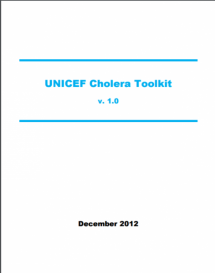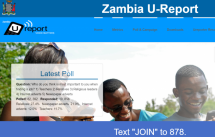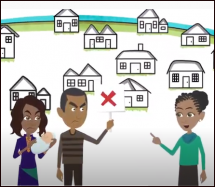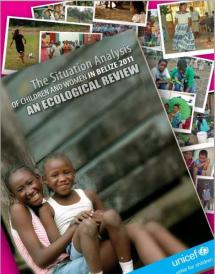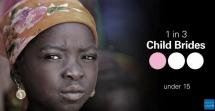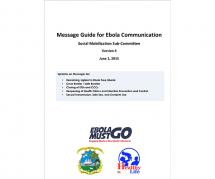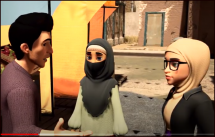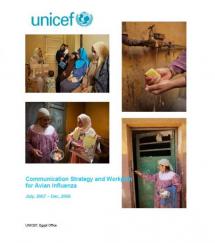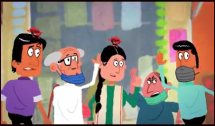UNICEF Cholera Toolkit
This toolkit aims to provide UNICEF Offices, counterparts and partners with one source of information for prevention (or risk reduction) and control of cholera outbreaks, preparedness, response and recovery – including integration with regular/development programs.
The toolkit aims to provide guidance primarily for the health and WASH sectors; nevertheless guidelines are presented in an integrated manner, to avoid the continuation of ‘silo’ approaches for cholera prevention, preparedness and response. In addition, the toolkit includes specific content linked to Education, Nutrition, C4D, Protection and other relevant sectors.
The primary target audience for this toolkit is UNICEF staff at all levels and across all divisions and sections in the UNICEF Country, Regional and HQ Offices. It may however also be useful for government counterparts and partners such as NGOs, UN and Civil Society Organisations (CSOs) working in cholera prevention, preparedness and response.
The toolkit comprises a main document, a series of annexes (templates, checklists, spread sheets and more detailed reference information) and a selection of additional resources (an electronic library including published papers, IEC materials, cholera guidelines, training packages, examples of mapping and a range of other practical information). Links to web-based resources are included throughout the electronic version of the main document. Complementarily, a set of ‘Roadmaps’ (graphic instructions on how to use the different elements of the Toolkit for specific purposes such as developing a preparedness plan or setting up an outbreak response plan) are provided as part of the main document.
Source: UNICEF
Date of Publication: September 30, 2021
SIMILIAR RESOURCES
Tools
Examples
- MULTI-SBC: The Programmatic Aid for Multi-Sectoral Integration of SBC for FP Practitioners
- Hand Hygiene: Why, How & When?
- Hand Hygiene: Why, How & When?
- La Planification Familiale dans les Situations d'Urgence: Essentielle,, Voulue, Necessaire et Realisable
- WHO Water, Sanitation and Hygiene Strategy 2018-2025
- Gender-Responsive Water, Sanitation and Hygiene: Key Elements for Effective WASH Programming
- Barrier Analysis Questionnaires
- Advancing Gender in The Environment: Gender in Fisheries—A Sea of Opportunities
- Stop Cholera Toolkit
- Behavior-Centered Approaches to Improve Health Outcomes

